Filters
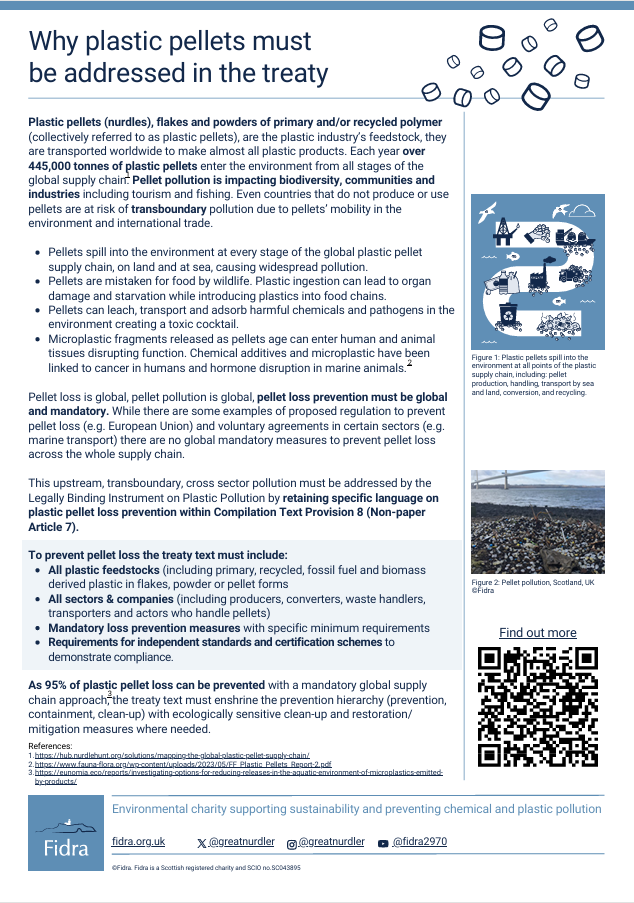
To prevent pellet loss the treaty text must include all plastic feedstocks, all sectors & companies, mandatory loss prevention measures with specific minimum requirements, and requirements for independent standards and certification schemes to demonstrate compliance
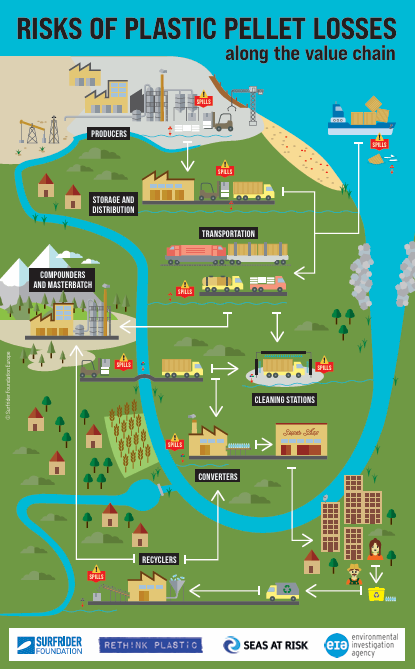
Plastic pellets are lost at all stages of the plastics value chain. The EU needs to address this issue with an ambitious Plastic Pellets regulation.

By prioritising plastics and polymers in the first ESPR working plan, the EU will take a major step in addressing the plastic pollution crisis, and work towards minimising the environmental footprint of plastic and polymer production.

Rethink Plastic’s position on the EU’s regulation to prevent pellet loss: To effectively reduce the environmental and economic burden of pellet loss, a comprehensive supply chain approach is essential to implement, with robust and binding measures for all operators at every stage of the supply chain, ensuring that those responsible for pollution are held accountable rather than leaving EU public authorities and citizens to pay.
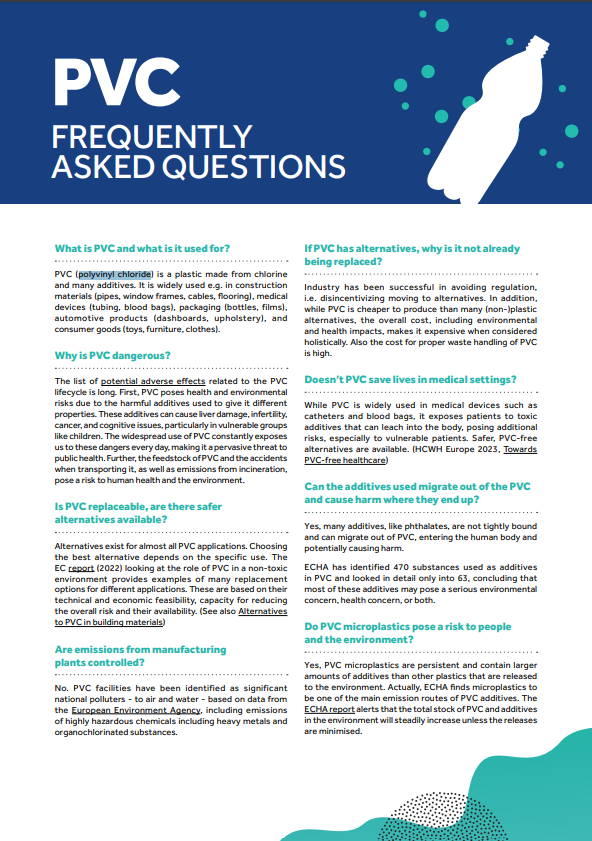
What is PVC and what is it used for? Why is PVC dangerous? If PVC has alternatives, why is it not already being replaced? What regulatory measures do NGOs ask for? Answers to frequently asked questions about PVC (polyvinyl chloride).

Plastics and polymers should be included as an intermediate product in the first working plan under the Ecodesign for Sustainable Products Regulation (foreseen for early 2025). By prioritising plastics and polymers in the first ESPR working plan, the EU will take a major step in addressing the plastic pollution crisis, working to minimise the environmental footprint of plastic and polymer production.
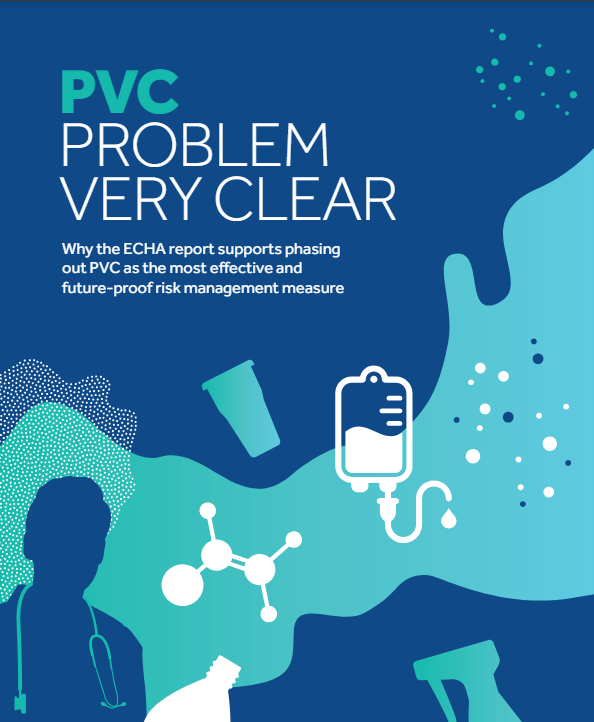
Why the ECHA report supports phasing out PVC as the most effective and future-proof risk management measure

Meet “Chemical Recycling” Man. Not your run-of-the-mill comic book superhero. This one is propped up by the petrochemical industries.
These industries like to claim that chemical recycling will create “virgin-like” quality plastic. But beware – this isn’t true! Because of low oil yields and contamination, pyrolysis oil must be diluted by a mixture made up of crude oil, derived from fossil fuel (in some cases by a ratio of over 40:1!). Chemical recycling treatment cannot process the diversity of post-consumer plastic waste.
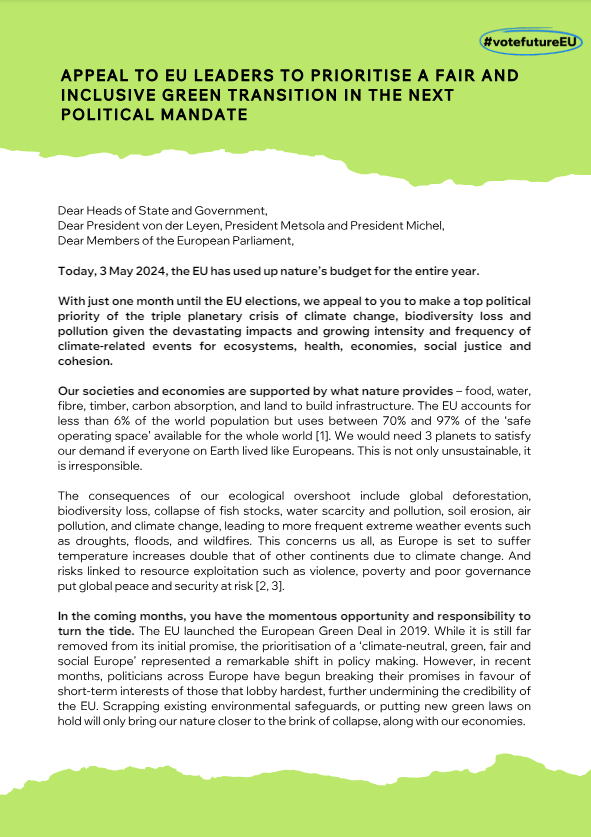
With just one month until the EU elections, we appeal to you to make top political priority of the triple planetary crisis of climate change, biodiversity loss and pollution given the devastating impacts and growing intensity and frequency of climate-related events for ecosystems, health, economies, social justice and cohesion.
In the coming months, you have the momentous opportunity and responsibility to turn the tide.